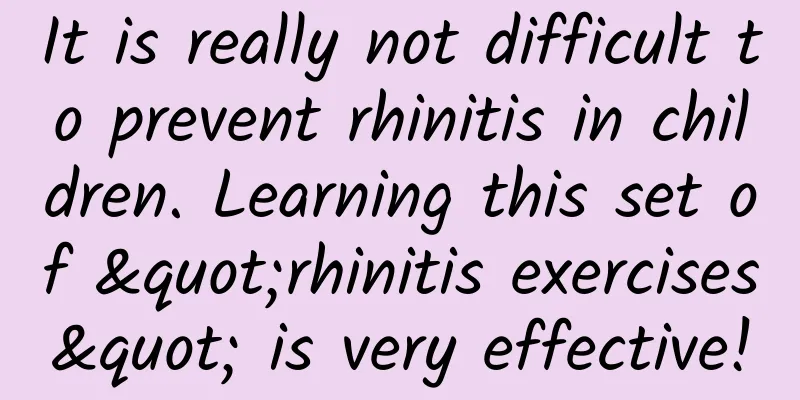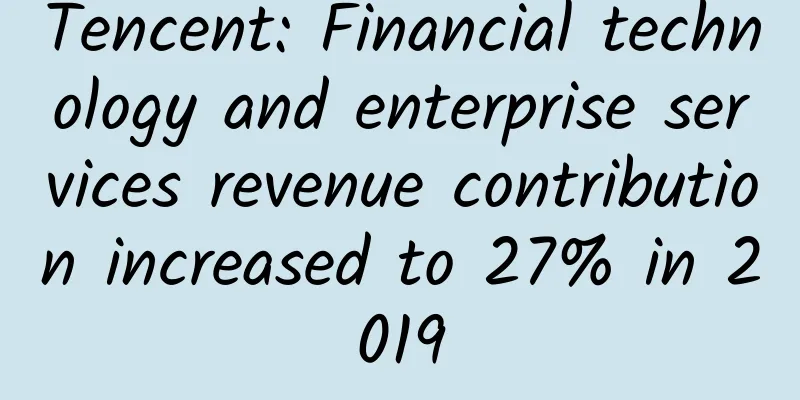What is the HPV nine-valent vaccine?

|
The nine-valent HPV vaccine is used to prevent cervical cancer caused by human papillomavirus (HPV) infection and can prevent more than 90% of cervical cancer. The vaccine was approved for sale abroad in 2014. On April 28, 2018, the National Medical Products Administration approved the sale of the nine-valent HPV vaccine for the prevention of cervical cancer in my country. Vaccination is the primary prevention, and screening is the secondary prevention, and both are equally important. Therefore, cervical cancer screening measures cannot be relaxed just because of vaccination. The nine-valent HPV vaccine has good antigenicity. After completing the three-dose vaccination program, the positive conversion rate of serum antibodies of the relevant types can reach almost 100%. One month after the vaccination program, the maximum geometric mean antigen titer reached 100 times the antigen level after natural infection. In the next two months, the value dropped to 10 times, reaching the weight loss bottleneck period. The vaccine's antigenic level can be maintained for at least 4 years. In clinical studies of the efficacy of the nine-valent HPV vaccine, the key observation endpoints were persistent infection with other HPV types, genital warts associated with relevant HPV types, cervical intraepithelial neoplasia (CIN), and genital or vaginal intraepithelial neoplasia (VIN or VaIN). Clinical studies have shown that vaccination with the nine-valent HPV vaccine can produce good protective effects, effectively reducing persistent infection with certain types of HPV and precancerous lesions of the cervix, vagina, and genitals, and the protective effectiveness can reach more than 90%. The nine-valent HPV vaccine includes HPV-6 and HPV-11 VLPs, which have a good preventive effect on genital warts. Vaccination group The nine-valent HPV vaccine approved for sale in my country is suitable for women aged 16 to 26. Often included in this age group, the actual basis comes from three aspects: 1. The clinical trial age for this vaccine is 16 to 26 years old. In this age group, the vaccine's overseas clinical trial data and its protective effectiveness against persistent infection in the Asia-Pacific population suggest that its benefits outweigh the risks. 2. In our country, the probability of females aged 9 to 15 years old surviving is very low. Only immunity bridging experiments were conducted for those aged 9 to 15 years old, and the clinical trial data information on the Chinese population in the Asia-Pacific region was limited. 3. Women over 26 years old are very likely to have a history of virus exposure, and there is no evidence to prove that the vaccine has a protective effect on exposed groups of this age group. |
<<: HPV 9-valent vaccine side effects
>>: Does a 7cm uterine fibroid require surgery?
Recommend
What does the C and T on a pregnancy test stick mean?
Many women will find C and T marks on the pregnan...
Is diabetes often caused by laziness? These 4 habits are more dangerous!
A few days ago, a friend of Keke came to complain...
The significance of the four blood coagulation tests in pregnant women
Childbirth is a normal physiological phenomenon i...
How to make the areola pinker and healthier and sexier
The color of the areola does not have much to do ...
I got pregnant on the fifth day of my period.
Some couples who choose safe period contraception...
How long is a course of treatment for gynecological gel?
The main treatment of vulvar inflammation, vulvar...
Can I eat eggplant during confinement?
Fresh vegetables are always welcome. After all, t...
Can I use skin care products and facial masks when I am pregnant?
Pregnant women who love beauty may still want to ...
What to do if the Schefflera has insects? What medicine to use if the Schefflera has scale insects?
Schefflera is also called Schefflera palm, Scheff...
What is the reason why girls have big feet?
There are many natural differences between men an...
What to do if you are pregnant with hyperthyroidism
Hyperthyroidism is something that many people may...
How to decorate a long corridor? How to decorate a long corridor?
We all know that different apartment types have d...
What causes night sweats in women when sleeping?
The hot summer is about to pass, and the cool aut...
What to do when you have menstrual pain? The fastest way
Abdominal pain during menstruation is also called...
Do I need to wear a bra while breastfeeding?
Generally, the breasts of breastfeeding women wil...









